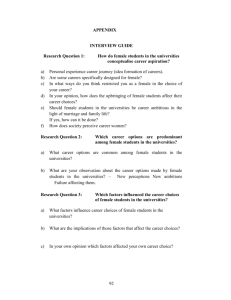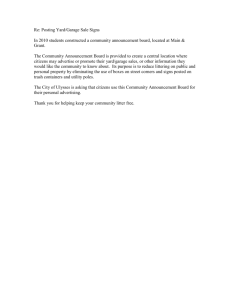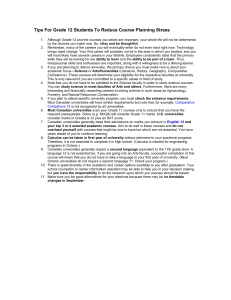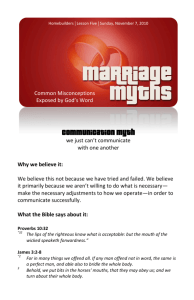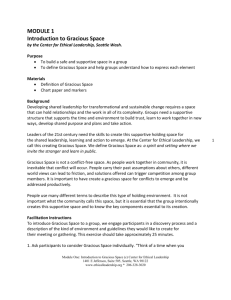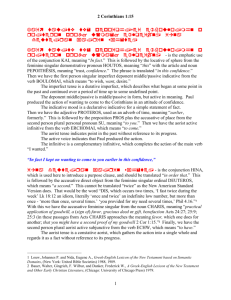The Lord Bishop of Oxford: My Lords, there are
advertisement
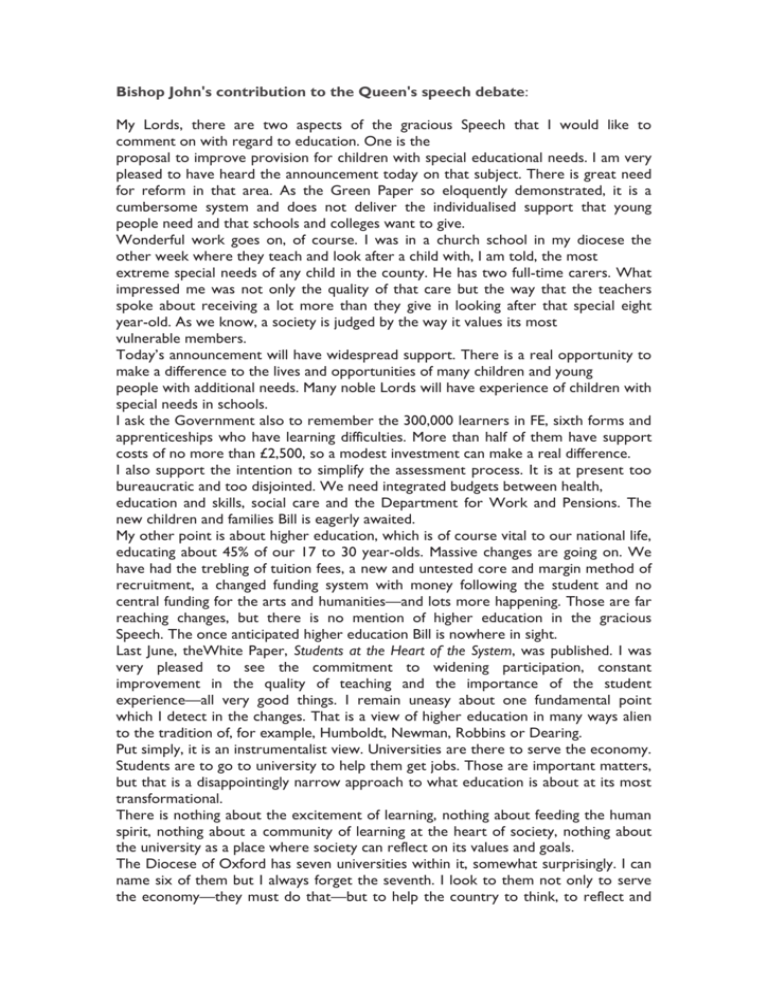
Bishop John's contribution to the Queen's speech debate: My Lords, there are two aspects of the gracious Speech that I would like to comment on with regard to education. One is the proposal to improve provision for children with special educational needs. I am very pleased to have heard the announcement today on that subject. There is great need for reform in that area. As the Green Paper so eloquently demonstrated, it is a cumbersome system and does not deliver the individualised support that young people need and that schools and colleges want to give. Wonderful work goes on, of course. I was in a church school in my diocese the other week where they teach and look after a child with, I am told, the most extreme special needs of any child in the county. He has two full-time carers. What impressed me was not only the quality of that care but the way that the teachers spoke about receiving a lot more than they give in looking after that special eight year-old. As we know, a society is judged by the way it values its most vulnerable members. Today’s announcement will have widespread support. There is a real opportunity to make a difference to the lives and opportunities of many children and young people with additional needs. Many noble Lords will have experience of children with special needs in schools. I ask the Government also to remember the 300,000 learners in FE, sixth forms and apprenticeships who have learning difficulties. More than half of them have support costs of no more than £2,500, so a modest investment can make a real difference. I also support the intention to simplify the assessment process. It is at present too bureaucratic and too disjointed. We need integrated budgets between health, education and skills, social care and the Department for Work and Pensions. The new children and families Bill is eagerly awaited. My other point is about higher education, which is of course vital to our national life, educating about 45% of our 17 to 30 year-olds. Massive changes are going on. We have had the trebling of tuition fees, a new and untested core and margin method of recruitment, a changed funding system with money following the student and no central funding for the arts and humanities—and lots more happening. Those are far reaching changes, but there is no mention of higher education in the gracious Speech. The once anticipated higher education Bill is nowhere in sight. Last June, theWhite Paper, Students at the Heart of the System, was published. I was very pleased to see the commitment to widening participation, constant improvement in the quality of teaching and the importance of the student experience—all very good things. I remain uneasy about one fundamental point which I detect in the changes. That is a view of higher education in many ways alien to the tradition of, for example, Humboldt, Newman, Robbins or Dearing. Put simply, it is an instrumentalist view. Universities are there to serve the economy. Students are to go to university to help them get jobs. Those are important matters, but that is a disappointingly narrow approach to what education is about at its most transformational. There is nothing about the excitement of learning, nothing about feeding the human spirit, nothing about a community of learning at the heart of society, nothing about the university as a place where society can reflect on its values and goals. The Diocese of Oxford has seven universities within it, somewhat surprisingly. I can name six of them but I always forget the seventh. I look to them not only to serve the economy—they must do that—but to help the country to think, to reflect and to be self-critical in the right sense. In the Times Higher on 1 March, David Willetts said that the higher education White Paper initially had a chapter on the value of the university and its wider purpose, but it got cut out. A sight of this lost gospel would be most helpful. There are massive changes going on in higher education, yet no mention of it in the gracious Speech and no suggestion that Parliament might review the impact of the current changes in, say, a year’s time. Nor has the Government’s response to the consultation on last year’s White Paper been made public. Is the House to be denied the opportunity to debate what is happening in our universities?



